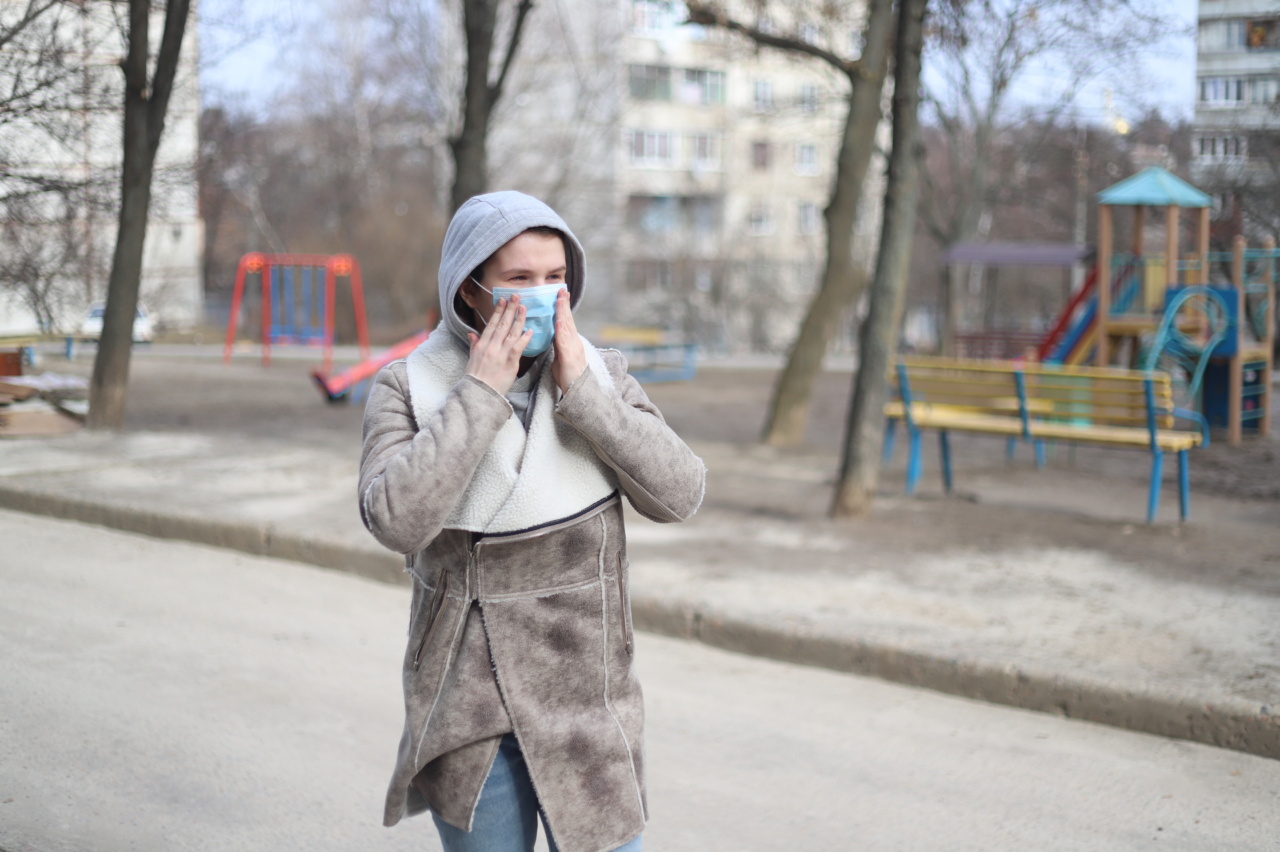Winter brings with it chilly weather, cozy sweaters, and unfortunately, the onset of cold and flu season.
As the temperature drops, so does our body’s ability to fight off viruses and bacteria, making it important to take proactive measures to keep ourselves and our loved ones healthy. This winter survival guide will provide you with essential tips and tricks to prevent colds and flu from wreaking havoc on your winter plans.
1. Prioritize hand hygiene
One of the easiest and most effective ways to prevent the spread of germs is by practicing good hand hygiene. Make sure to wash your hands frequently with soap and water for at least 20 seconds.
If soap is not available, use an alcohol-based hand sanitizer. Avoid touching your face, as this can transfer viruses from your hands to your respiratory system.
2. Boost your immune system
Strengthening your immune system can go a long way in preventing colds and flu. Incorporate immune-boosting foods such as fruits, vegetables, and whole grains into your diet.
Stay hydrated by drinking plenty of water, as it helps flush out toxins from your body. Additionally, ensure you’re getting enough sleep, exercising regularly, and managing stress effectively to support your immune system.
3. Stay active
Regular physical activity not only keeps you fit but also helps enhance your immune system. Engage in moderate-intensity exercises such as brisk walking, swimming, or cycling for at least 150 minutes per week.
Exercise improves blood circulation, allowing immune cells to travel more efficiently throughout the body and fight off infections.
4. Practice respiratory hygiene
Respiratory hygiene is crucial in preventing the spread of cold and flu viruses. Always cover your mouth and nose with a tissue or your elbow while coughing or sneezing. Dispose of used tissues properly and wash your hands afterward.
If you don’t have a tissue, cough or sneeze into the crook of your elbow to prevent droplets from spreading.
5. Get vaccinated
Getting a flu shot is one of the most effective ways to protect yourself from the flu. It’s recommended to get vaccinated before the flu season begins, as it takes a couple of weeks for the vaccine to build immunity.
Keep in mind that the flu vaccine doesn’t protect against cold viruses, but it can significantly reduce the risk of flu-related complications.
6. Keep your surroundings clean
Keeping your living space clean and disinfected can help eliminate germs and prevent the spread of illness. Regularly sanitize commonly touched surfaces such as doorknobs, light switches, and countertops.
Use disinfectant wipes or a mixture of water and bleach to clean surfaces thoroughly. Don’t forget to clean your electronic devices and frequently touched objects like remote controls and keyboards.
7. Avoid close contact with sick individuals
If you come into close proximity with someone who has a cold or the flu, there’s a higher chance of contracting the illness. Try to maintain a safe distance from individuals who are sick, especially if they’re coughing or sneezing.
If you develop symptoms, it’s best to stay home and avoid contact with others to prevent further transmission.
8. Stay hydrated
Proper hydration is essential for maintaining overall health and preventing illnesses. Dry winter air can dehydrate your body, leading to a weakened immune system.
Make sure to drink plenty of fluids throughout the day, including water, herbal teas, and warm soups. Avoid excessive consumption of sugary beverages or alcoholic drinks, as they can have a negative impact on your immune system.
9. Use a humidifier
Using a humidifier can help combat the dryness that comes with colder months. Dry air can irritate your nose and throat, making you more susceptible to colds and flu. Use a humidifier to add moisture to the air and keep your respiratory system hydrated.
Aim for a humidity level between 30% and 50% to create a comfortable environment.
10. Practice self-care
Taking care of your overall well-being is vital in staying healthy during the winter months. Ensure you are getting enough rest to allow your body to recover and recharge.
Practice stress-reducing techniques such as deep breathing exercises, meditation, or yoga. Engage in activities that bring you joy and help you relax, as stress weakens the immune system.































